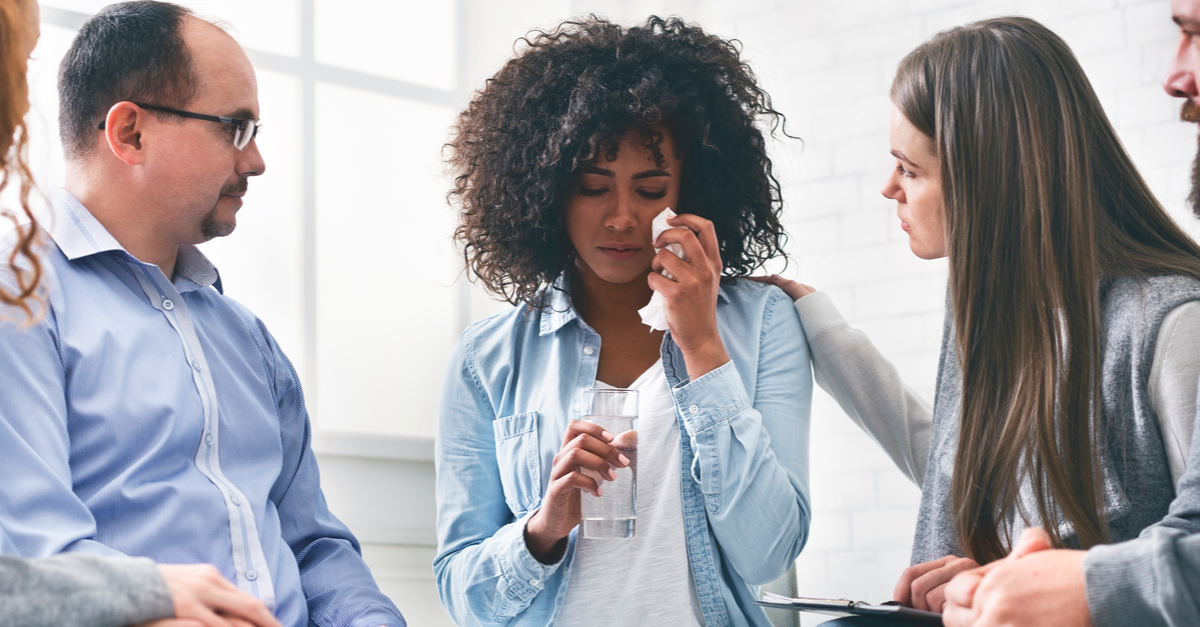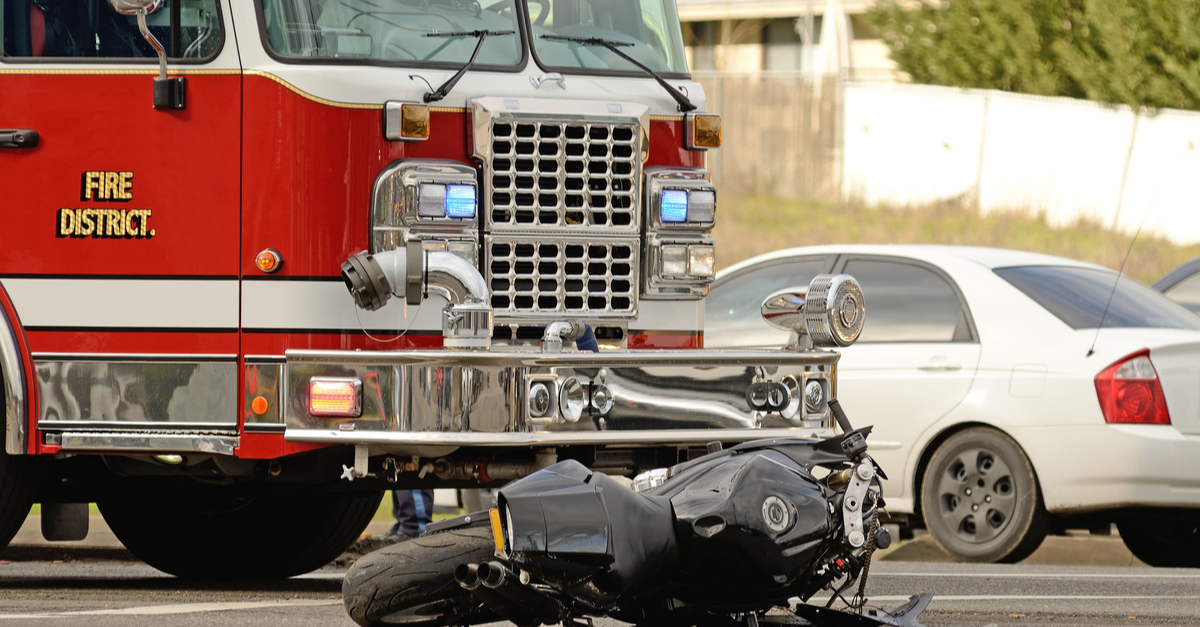Groups and Services For Civil Sexual Assault Survivors
Survivors of sexual assault in Georgia face daily challenges in confronting the trauma they have endured. According to the anti-sexual violence organization RAINN, survivors frequently struggle with depression, substance abuse, self-harming thoughts and behaviors, eating disorders, sleep disruptions, and health complications, as a result of their assault.
Help for these and other challenges associated with surviving sexual assault is available in Georgia. Below we have compiled a list of resources for survivors of sexual assault in Georgia. If you have questions about your legal rights as a survivor of sexual assault, contact an experienced attorney today.
RAINN and The National Sexual Assault Telephone Hotline: 800.656.HOPE (4673)
RAINN, a national anti-sexual violence organization, operates a 24/7/365 confidential hotline as a resource for those affected by sexual assault. The hotline automatically connects callers with a trained professional in their local area who can offer confidential support, direct the caller to a local health facility trained in caring for survivors of sexual assault, help the caller talk through what happened and answer basic questions about medical considers, and provide referrals for long-term support in the caller’s area. RAINN counsels survivors of sexual assault that connecting with a trained professional who can provide guidance and answer questions is perhaps the most helpful action a survivor can take when confronting the trauma of an assault.
Not only does RAINN operate a hotline, it also hosts a website (linked above) that provides invaluable information for sexual assault survivors, from contact information for advocates to tips on navigating day-to-day life after a sexual assault. As a supplement to speaking with a trained professional via the hotline or at one of the resources below, survivors can find important information on RAINN’s website to help them navigate the issues and challenges they face.
Local Rape Crisis Centers
A rape crisis center is an organization that provides essential services to survivors of sexual assault. Many of the services a rape crisis center provides address the needs of survivors in the immediate aftermath of sexual violence. These services may include providing a hotline to report sexual assault or to seek help; accompanying survivors to forensic examinations and advocating for them in that process; connecting survivors with resources; and providing mental health counseling specific to survivors. Click here to see a list of rape crisis centers throughout Georgia, with contact information, compiled by the Georgia Network to End Sexual Assault. Here is a similar list compiled by the Georgia Criminal Justice Coordinating Council.
Sexual Assault Survivor Support Groups
Sexual assault survivors may find support, understanding, and strength in meeting with others like them who have also survived sexual violence. Many of the rape crisis centers above facilitate support groups, which are usually presided-over by a trained professional. Psychotherapists, health care providers, and churches also frequently organize and manage such groups. To find a support group near you, contact a local rape crisis center or ask your doctor.
Campus Health Sexual Assault Crisis Centers
College students in Georgia represent a population particularly vulnerable to sexual assault. Many Georgia colleges and universities operate their own on-campus rape crisis centers focusing on sexual assault prevention, support, and advocacy for members of the campus community. These rape crisis centers typically operate as an extension of on-campus student health services.
Individual Therapy & Counseling
One-on-one therapy with a mental health professional trained in supporting sexual assault survivors can help those survivors process and deal with the day-to-day and longer-term challenges they face. Therapists provide a safe, caring environment for survivors. This article from RAINN provides useful information and links to directors for locating a therapist who has the experience, training, and therapeutic approach to suit a particular survivor’s needs.
Civil Sexual Assault Attorneys
Many survivors of sexual assault have rights to seek compensation for the injuries inflicted on them by sexual violence. An attorney experienced in representing sexual assault survivors can evaluate their rights to compensation and develop a legal strategy for them to pursue justice and accountability through the Georgia legal system. Survivors may have the ability to seek compensation for sexual assault-related injuries and harm from:
- Perpetrators of sexual assault;
- Individuals or organizations that facilitated, enabled, or fostered conditions that promoted sexual assault;
- The Georgia Crime Victims Compensation Program, which provides up to $25,000 in benefits to sexual assault survivors in certain circumstances; and
- If applicable, workers’ compensation insurance.
Georgia law permits survivors of sexual assault to seek compensation both for assault that occurred in childhood and adulthood. Survivors of childhood sexual assault have until the later of their 23rd birthday, or two years from the date when the survivor knew or had reason to know of such abuse and that such abuse resulted in injury to the survivor as established by competent medical or psychological evidence. Speaking with an experienced attorney is the best way for survivors to determine their eligibility for compensation and the best way to pursue it to suit their needs.
Civil sexual assault attorneys can also help survivors navigate the at-times complicated and overwhelming process of participating in a criminal prosecution of a perpetrator of sexual assault. Not all survivors choose to participate in prosecutions, however. Also, sometimes a district attorney will determine that a prosecution is not feasible for one reason or another. It is important for sexual assault survivors to understand that they may have rights to seek compensation through the civil legal process even if a prosecutor has declined to pursue criminal charges against a perpetrator.
Sexual assault survivors face trauma unimaginable to those who have not experienced it. They need not face that trauma alone, however. The resources above can help survivors confront the physical, emotional, and practical challenges of life after sexual violence. If you have suffered harm in a sexual assault, and have questions about your legal rights to seek compensation from a perpetrator or enabler of the assault, an experienced Georgia civil sexual assault lawyer can help you understand your options.
GET LEGAL HELP NOW
FOR A FREE CONSULTATION CALL
770-744-5250
OR FILL OUT THE FORM BELOW.



